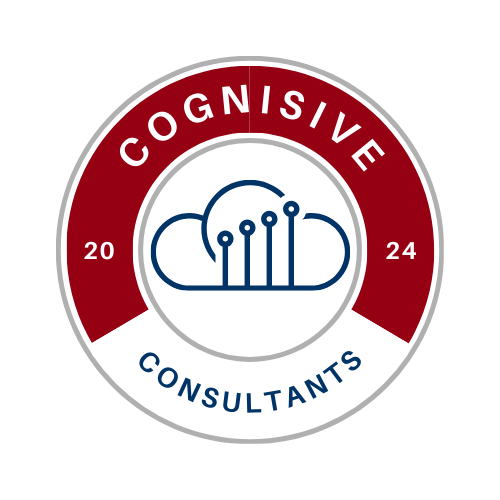The Intelligence After-Action Gap: Why Sri Lanka Does Not Learn From Crises
Sri Lanka does not lack intelligence capacity. It lacks a system of institutional learning. The intelligence after-action gap continues to repeat crises because lessons remain personal, not structural.

The issue is not lack of information. It is the absence of institutional learning.
Sri Lanka has faced repeated moments of shock: insurgencies, riots, coordinated attacks, targeted killings, and breakdowns in public security. Each time, the official response follows a familiar sequence of outrage, investigation, statement, and closure. Yet the same failures repeat. The same seams tear open. The same warnings are missed. The same vulnerabilities remain.
The recurring issue is not a shortage of intelligence officers, channels, or investigative reach. The deeper failure is that Sri Lanka does not convert experience into institutional learning. We do not turn crisis into competence. We return to the same assumptions and the same command patterns that failed us before.
This is the intelligence after-action gap: the distance between what we experience and what we absorb.
Collection is Not the Problem
In nearly every case of security failure, the warning signs existed. The system had visibility. Information was present, but not synthesized, elevated, or acted upon.
The breakdown is not at the point of collection.
The breakdown is in translation — from raw data to decision-ready insight.
Without structured analysis, prioritization workflows, and threat-signal integration, intelligence becomes fragmented noise rather than real understanding.
Data is not knowledge.
Collection is not insight.
A lesson is not learned until it is institutionalized.
The Cultural Root of the Failure
Sri Lanka’s intelligence culture remains personal, not systemic:
- Knowledge resides in individuals, not doctrine.
- Methods vary by unit, relationship, and posting.
- Institutional memory disappears when personnel rotate or retire.
The system resets to zero, repeatedly.
This is why history echoes.
Why After-Action Learning Breaks Down
Four structural forces prevent learning from becoming policy:
1. Fear of Accountability
When review is punitive, the priority becomes self-protection, not truth.
2. Hierarchy Over Accuracy
Information gets softened as it moves upward. Leaders hear what feels comfortable, not what is real.
3. Political Proximity Distorts Reporting
When intelligence must align with political sensitivity, accuracy becomes secondary.
4. Lack of Analytical Doctrine
Sri Lanka has strong tactical operators — but strategic analysis frameworks remain underdeveloped. Without structured interpretation, experience does not convert into improved future readiness.
How Mature Security Cultures Learn
Successful intelligence systems treat after-action review as technical routine, not public drama.
They use:
- Structured debrief frameworks
- Lessons integration units
- Scenario rehearsal playbooks
- Cross-agency synthesis cells
- Non-punitive reflection cycles
This creates an organization that becomes wiser with every shock, instead of repeating the same mistakes.
What Sri Lanka Needs Now
Rather than another commission or inquiry report, Sri Lanka needs a permanent Lessons Integration Unit:
- Internal, not public-performative
- Staffed by trained analysts, not political appointees
- Legally autonomous from political pressure
- Embedded directly into training pipelines, doctrine, and tasking workflows
A system that remembers.
Leadership Determines Whether Learning is Possible
No reform will succeed if leaders create a climate where honesty is punished, correction is feared, or internal truth is treated as disloyalty.
If leadership signals:
- Clarity over comfort
- Accuracy over appearance
- Correction over blame
The entire system shifts.
National security strength begins with psychological safety inside the command structure.
Conclusion
Security is not only the act of preventing threats.
It is the ability to learn faster than the threats evolve.
Nations do not fall because they face danger.
They fall when they stop learning from it.
Sri Lanka has the personnel.
We have the operational experience.
What we need now is the discipline to learn — continuously, structurally, and without ego.
About the Author
Alfie Ameer is the Founder & CEO of the Vonfidel Group and works in leadership psychology, security culture, and training doctrine development.

